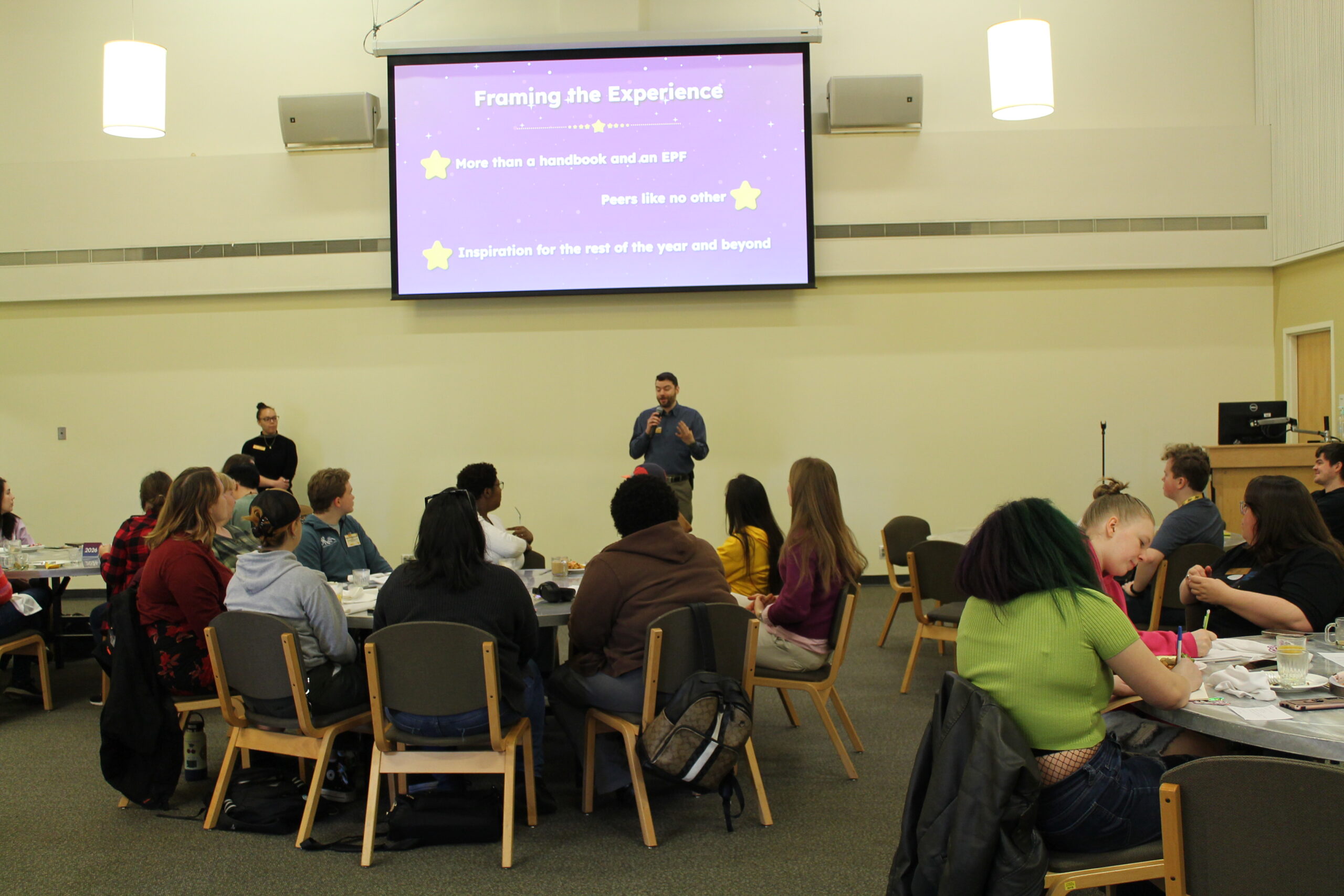By Chloe Wilhelm
Online Editor
Since the coronavirus pandemic began, there has been debate on whether the outbreak would cause a global recession. It already has, and it will get far worse unless something is done immediately.
Roughly 26 million Americans have filed for unemployment in the last five weeks. Since mid-March, 1 in 6 American workers have lost their jobs. This is the worst string of layoffs on record by far, with economists forecasting that the unemployment rate could go as 20 percent.
It is likely that this economic crisis will become far worse in the near future, but the severity of this depends on how the United States and other countries react. The U.S. government in particular has belatedly taken action on travel and while there has been some support for businesses, it has arrived too late to make a difference.
So, the question remains: with our current response, how bad could a coronavirus recession get?
Without domestic leadership and international cooperation, the answer is pretty grim. Supply chain disruptions, closed businesses and worker quarantines have had a huge impact on the economy, along with restrictions on travel and fears about the virus’s spread. The struggle of businesses can turn into bankruptcies and further drive down the economy.
However, reopening the economy is not an option given the severity of the outbreak. Quarantine, while difficult, is necessary to flatten the curve and save lives.
Despite this challenge, there is still a lot that should be done immediately. Banks should provide discounted loans and accept later payments. The government should help employers guarantee a basic income and ensure that workers who don’t have sick pay – 25 percent of the workforce – are covered for when they are unable to work.
National policies will help, but it will not be enough to prevent a global recession. For this,
governments around the world must work together and have a collective response. The likelihood of this is low, as President Trump has not only responded belatedly to domestic
problems, but has isolated the U.S. and lowered the possibility of an international response to the outbreak.
Right now, the priority is to meet people’s immediate needs, collaborate with other governments to develop vaccines, and increase access to medical equipment and supplies. We cannot afford to wait any longer.
















